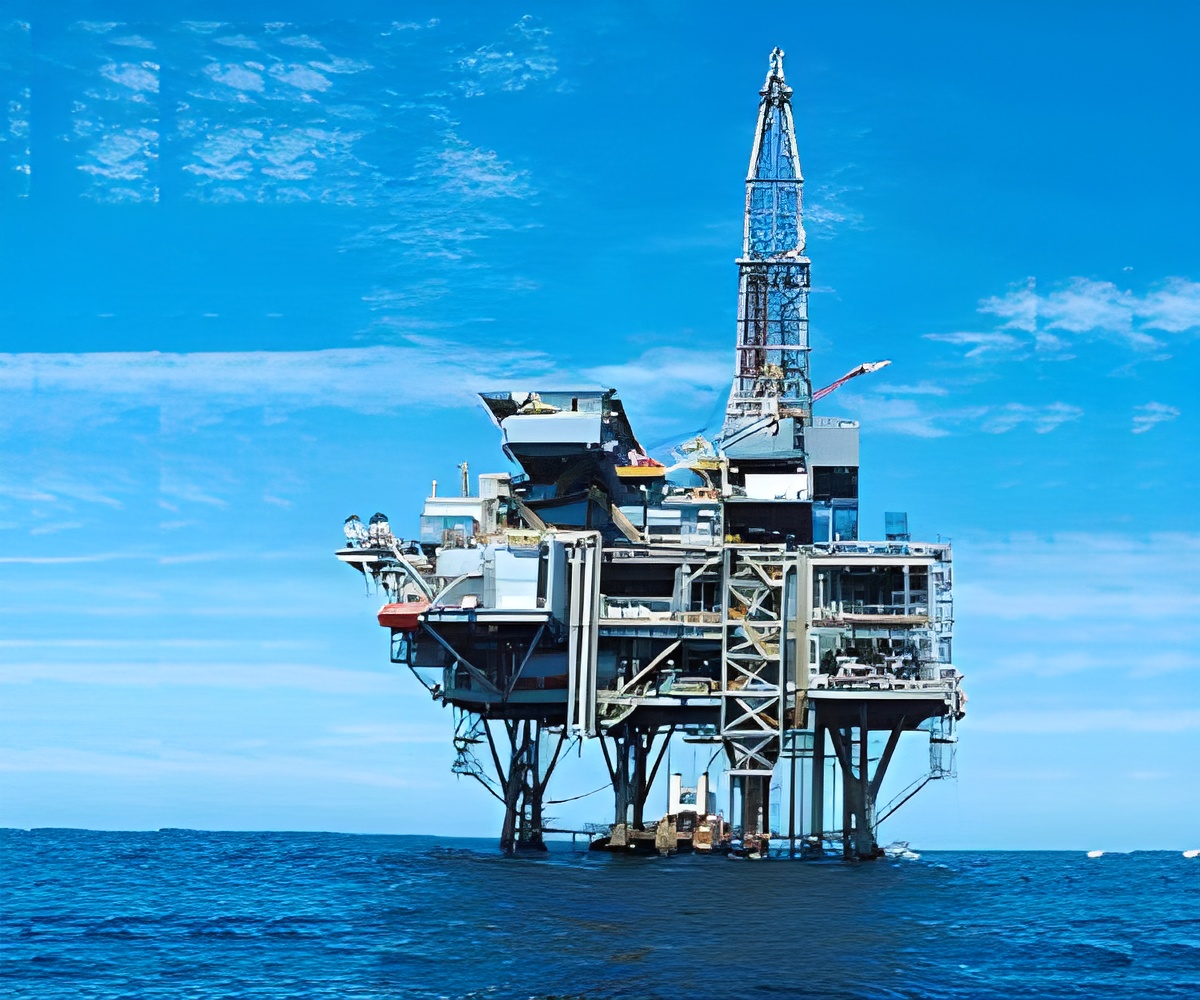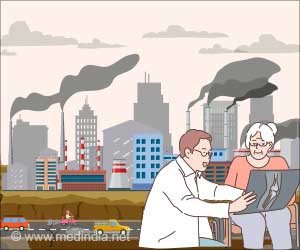Study reveals heightened mental health risks from proximity to oil and gas sites before pregnancy, urging awareness and protective measures.

Community & Psychological Effects of Oil & Gas Development
Go to source). A new study led by researchers from Boston University School of Public Health (BUSPH) indicates that individuals attempting to conceive and living near oil and gas development sites face a higher risk of adverse mental health outcomes.
‘Living near oil and gas sites increases preconception mental health risks, challenging health policies. #medindia’





Published in the American Journal of Public Health, the study utilized data from participants in the BUSPH-based Pregnancy Study Online (PRESTO) and found that people who lived within roughly six miles of active oil and gas development had greater development of moderate-to-severe depressive symptoms, compared to people living 12 to 31 miles away from this activity. High perceived stress was elevated among people living just 1.25 miles away from oil and gas development, and greater intensity of oil and gas production also contributed to high perceived stress. Mental Health Risks for Preconception Period Amid Fossil Fuel Development
Prenatal and postpartum health challenges have captured national attention amid rising rates of US maternal morbidity and mortality, but these new findings call attention to the vulnerabilities of people during the preconception period—an otherwise understudied phase of the pregnancy process. It is the first study to assess the impact of fossil fuel development on pregnancy planners.“Oil and gas development is a multifaceted exposure—it swiftly changes the economy, the social structures, and the environment in the community,” says study lead and corresponding author Dr. Mary Willis, assistant professor of epidemiology at BUSPH, who recently launched a database with an SPH team to show which communities are most affected by fossil fuel sites. “All of the changes may create stress and depression among local residents, an experience that may be particularly heightened among people trying to conceive. Identifying and mitigating potential hazards for mental health, like oil and gas development, is essential for facilitating a healthy pregnancy.”
For the study, Dr. Willis and colleagues analyzed mental health survey data and information from a national database of oil and gas development well locations in the US and Canada to identify potential connections between residential proximity to and density of active oil or gas development and psychological wellbeing among 5,725 PRESTO participants living in geographically diverse areas of the US and Canada. The team restricted the analysis to participants with household incomes below $50,000 to consider individuals who may not have the financial resources to move away from oil and gas activity if they choose.
To measure participants’ mental health status, the team posed clinical questions about recent stressful circumstances and depressive symptoms, as well as questions about medication usage for mental health conditions. Utilizing standardized metrics—rather than relying on mental health medical records, as the majority of studies do—likely captured instances of depressive symptoms that could have been overlooked in the absence of documented clinical care.
Advertisement
Economic Fluctuations and Community Stress in Oil and Gas Development
The “boom and bust” economic fluctuations associated with oil and gas development can lead to heightened stress among nearby community members, says study coauthor Erin Campbell, a research assistant in the Department of Epidemiology at BUSPH.“The ‘boom’ periods could overload local infrastructure and social systems, while ‘bust’ periods could leave communities grappling with job losses and economic hardship,” Campbell says.
The researchers hope this new insight shines a light on the less visible health impacts of resource extraction in local communities, and informs regulations for health-protective setback distances in residential areas.
Reference:
- Community & Psychological Effects of Oil & Gas Development - (https://www.environmentalhealthproject.org/_files/ugd/a9ce25_ba3ecbc709464253b4b68a4a65af2c34.pdf?index=true)
Source-Eurekalert















